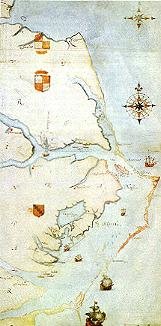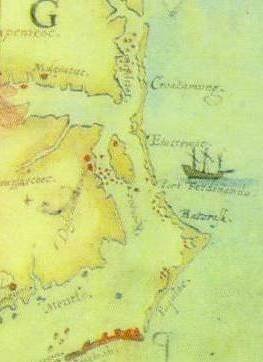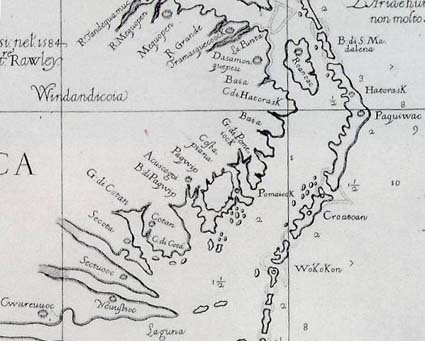by Janet Crain
Today's announcement of the historic DNA discoveries concerning Richard III is very important to every DNA project. The body was not at all protected. It lay for some 528 years in a shallow rudely built grave with no protection. And yet usable mtDNA has been recovered and it is hoped that Y chromosome DNA will be also. mtDNA is mitochondrial DNA passed down by the female. Every person has it, but only the mother can pass it on. It is from a non-coding region of the mitochondrial genetic material. That means it does not get shuffled and mixed up with every transmission. It just remains pristine and stable for hundreds even thousands of years without a mutation. And so it can be compared 17 generations later and produce a perfect match between one seventeenth cousins. It is also plentiful and more robust. By contrast the Y chromosome, which is carried only by males and follows the paternal line is fragile and scare. Yet this team believes they can obtain usable Y chromosome DNA. Let us hope they are correct because the origin of the Plantagenet line is somewhat murky.
THE UNIVERSITY OF LEICESTER TODAY CONFIRMS (MONDAY, FEB 4) THAT IT HAS DISCOVERED THE REMAINS OF KING RICHARD III.
“It has been an honour and privilege for all of us to be at the centre of an academic project that has had such phenomenal global interest and mass public appeal. Rarely have the conclusions of academic research been so eagerly awaited.”
Dr King, of the University’s Department of Genetics, said: “The DNA sequence obtained from the Grey Friars skeletal remains was compared with the two maternal line relatives of Richard III. We were very excited to find that there is a DNA match between the maternal DNA from the family of Richard the Third and the skeletal remains we found at the Grey Friars dig.”
http://www.heritagedaily.com/2013/02/archaeological-at-cardigan-castle/?utm_source=feedburner&utm_medium=email&utm_campaign=Feed%3A+HeritageDaily+%28Heritage+Daily+-+Archaeology+%26+Palaeontology+News%29
This blog is © History Chasers
Click here to view all recent Lost Colony Research Group Blog posts








